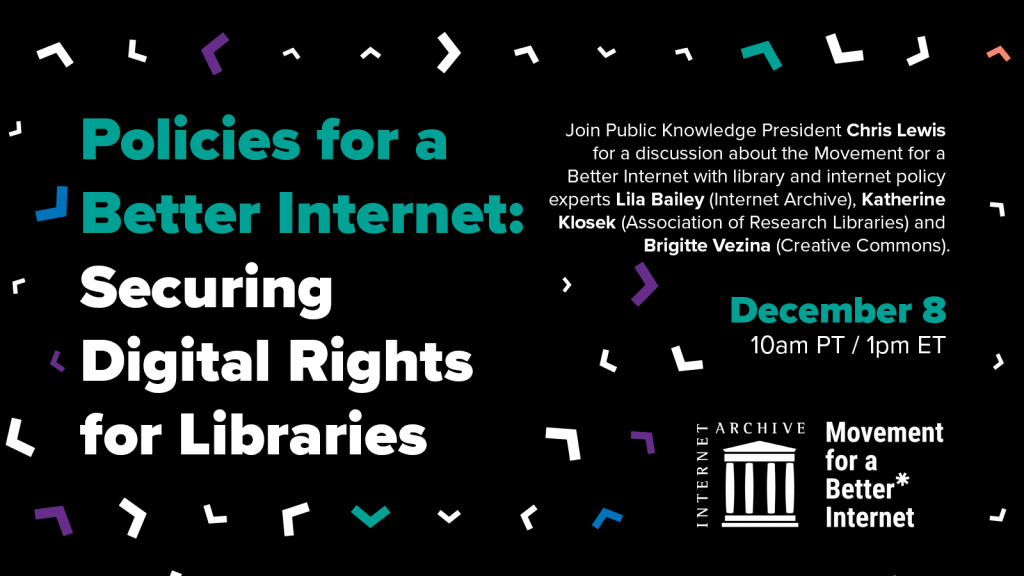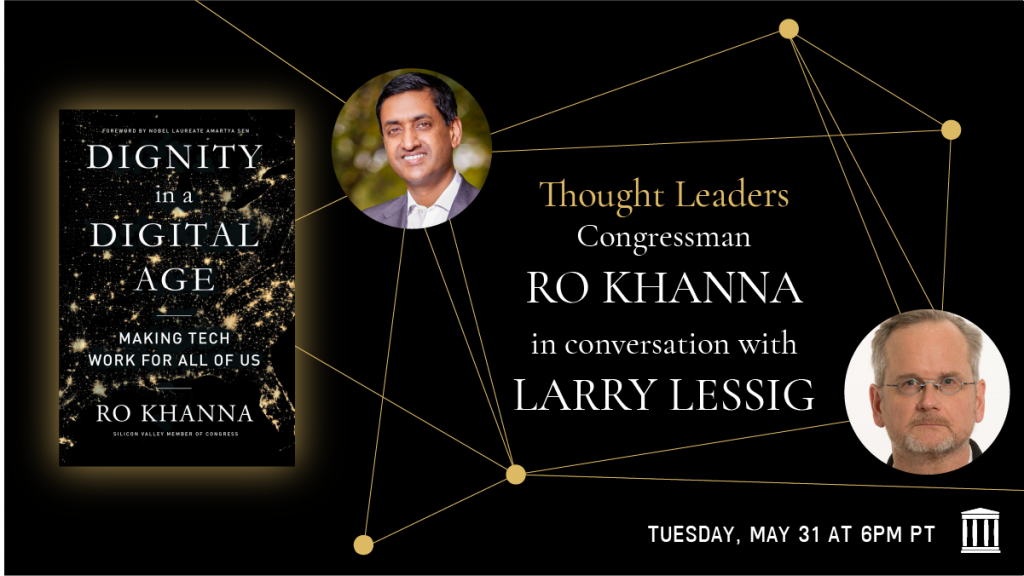
On Monday the Internet Archive joined thousands of others in submitting comments to the US Copyright Office as part of its study on Copyright and Artificial Intelligence.
Our high level view is that copyright law has been adapting to disruptive technologies since its earliest days and our existing copyright law is adequate to meet the disruptions of today. In particular, copyright’s flexible fair use provision deals well with the fact-specific nature of new technologies, and has already addressed earlier innovations in machine learning and text-and-data mining. So while Generative AI presents a host of policy challenges that may prompt different kinds of legislative reform, we do not see that new copyright laws are needed to respond to Generative AI today.
Our comments are guided by three core principles.
First, regulation of Artificial Intelligence should be considered holistically–not solely through the isolated lens of copyright law. As explained in the Library Copyright Alliance Principles for Artificial Intelligence and Copyright, “AI has the potential to disrupt many professions, not just individual creators. The response to this disruption (e.g., support for worker retraining through institutions such as community colleges and public libraries) should be developed on an economy-wide basis, and copyright law should not be treated as a means for addressing these broader societal challenges.” Going down a typical copyright path of creating new rights and licensing markets could, for AI, serve to worsen social problems like inequality, surveillance and monopolistic behavior of Big Tech and Big Media.
Second, any new copyright regulation of AI should not negatively impact the public’s right and ability to access information, knowledge, and culture. A primary purpose of copyright is to expand access to knowledge. See Authors Guild v. Google, 804 F.3d 202, 212 (2d Cir. 2015) (“Thus, while authors are undoubtedly important intended beneficiaries of copyright, the ultimate, primary intended beneficiary is the public, whose access to knowledge copyright seeks to advance . . . .”). Proposals to amend the Copyright Act to address AI should be evaluated by the impact such new regulations would have on the public’s access to information, knowledge, and culture. In cases where proposals would have the effect of reducing public access, they should be rejected or balanced out with appropriate exceptions and limitations.
Third, universities, libraries, and other publicly-oriented institutions must be able to continue to ensure the public’s access to high quality, verifiable sources of news, scientific research and other information essential to their participation in our democratic society. Strong libraries and educational institutions can help mitigate some of the challenges to our information ecosystem, including those posed by AI. Libraries should be empowered to provide access to educational resources of all sorts– including the powerful Generative AI tools now being developed.
Read our full comments here.

